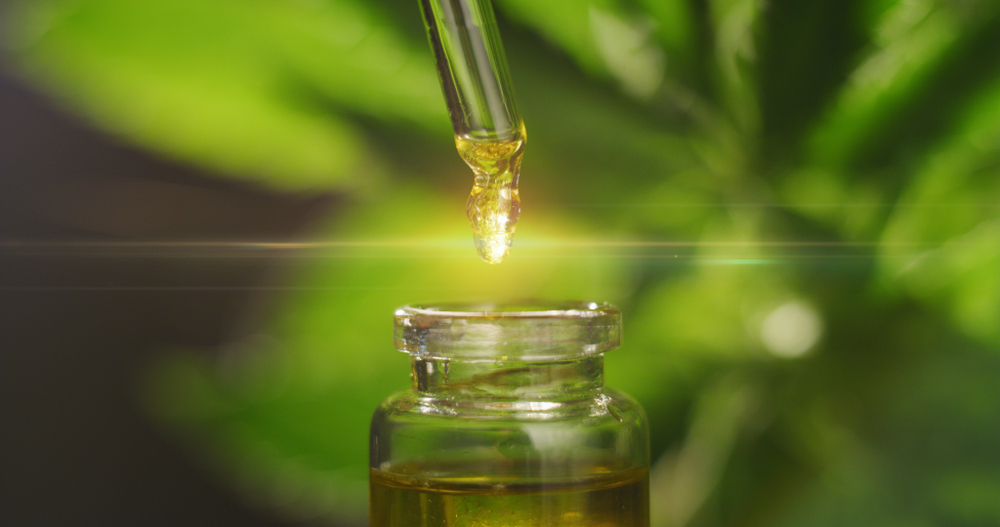The tough drug policy of the USA has started to relax over recent years as an increasing number of Americans have realized that the ‘war on drugs’ is not working. Washington and Colorado, alongside eight other states, have fully legalized cannabis for medical and for recreational use, and another 31 states have voted to decriminalize its use.

Image Credit: Shutterstock/ HQuality
Recent polls show that up to 64% of Americans are in favor of legalizing cannabis; this represents a huge change in societal attitudes.
This huge change is thought to be the result of both foreign and domestic influence. Many believe that legalization will help deliver a new range of cannabis-based medicines, allow sufferers of chronic disorders to have a new form of relief, and that legalization will bring in additional tax revenue through regulation of the huge cannabis market.
Each of these benefits must be explored before decisions are reached, and on the research side of things this involves using high-grade analytical technology.
Laboratory Products and Modern Outlooks on Drugs
Legalization of cannabis would not have happened if erroneous ‘facts’ about the drug weren’t proved wrong. Investigating these long-standing misconceptions about cannabis, which have influenced cannabis policy over the last two centuries, requires high quality analytical research.
One common, and widely believed misconception, is that cannabis is more carcinogenic than the cigarettes. However, the evidence for this does not hold up to scientific scrutiny. Ingesting any substance through smoking will result in respiratory inflammation and malignancies, and this can be misunderstood as cannabis itself causing the problems.
New analytical systems, alongside in-depth research, has looked into the respiratory effect of smoking cannabis when compared to smoking tobacco; and this comparison between cannabis and a substance that is already legal and used widely (i.e. tobacco) has had a significant impact on public opinions on cannabis.
Whilst inhalation exposure research, using inhalation systems and other analytical set-ups, has associated some respiratory dysfunctions with the regular smoking of cannabis, no causal link has been found between cannabis smoking and cancer. In contrast tobacco is causally linked to cancer by over 6 million deaths per year (Center for Disease Control and Prevention).
Public backing for the legalization of cannabis has rapidly gained support not only because analytical research can be used to investigate the benefits of the drug, but also because the negative impacts of other legal substances have also been explored.
Research into the therapeutic benefits of cannabis, and the other pharmacological effects it can have is currently taking place on a global scale.

This information has been sourced, reviewed and adapted from materials provided by Glas-Col.
For more information on this source, please visit Glas-Col.